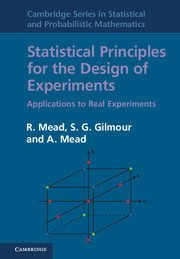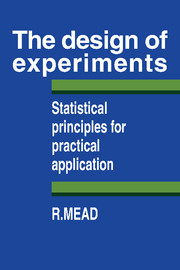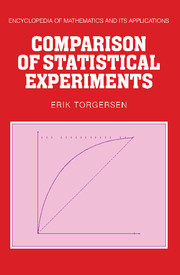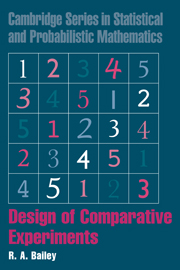Statistical Principles for the Design of Experiments
This book is about the statistical principles behind the design of effective experiments and focuses on the practical needs of applied statisticians and experimenters engaged in design, implementation and analysis. Emphasising the logical principles of statistical design, rather than mathematical calculation, the authors demonstrate how all available information can be used to extract the clearest answers to many questions. The principles are illustrated with a wide range of examples drawn from real experiments in medicine, industry, agriculture and many experimental disciplines. Numerous exercises are given to help the reader practise techniques and to appreciate the difference that good design can make to an experimental research project. Based on Roger Mead's excellent Design of Experiments, this new edition is thoroughly revised and updated to include modern methods relevant to applications in industry, engineering and modern biology. It also contains seven new chapters on contemporary topics, including restricted randomisation and fractional replication.
- Enables readers to develop designs for their experiments rather than force their experiments into an 'off-the-shelf' design
- Uses real design problems to illustrate the methodology
- Authors have extensive experience of consulting on statistical aspects of the design of experiments
Product details
September 2012Hardback
9780521862141
586 pages
267 × 185 × 34 mm
1.33kg
200 b/w illus. 400 tables 80 exercises
Available
Table of Contents
- 1. Introduction
- 2. Elementary ideas of blocking: the randomised complete block design
- 3. Elementary ideas of treatment structure
- 4. General principles of linear models for the analysis of experimental data
- 5. Experimental units
- 6. Replication
- 7. Blocking and control
- 8. Multiple blocking systems and crossover designs
- 9. Multiple levels of information
- 10. Randomisation
- 11. Restricted randomisation
- 12. Experimental objectives, treatments and treatment structures
- 13. Factorial structure and particular forms of effects
- 14. Fractional replication
- 15. Incomplete block size for factorial experiments
- 16. Quantitative factors and response functions
- 17. Multifactorial designs for quantitative factors
- 18. Split unit designs
- 19. Multiple experiments and new variation
- 20. Sequential aspects of experiments and experimental programmes
- 21. Designing useful experiments.






